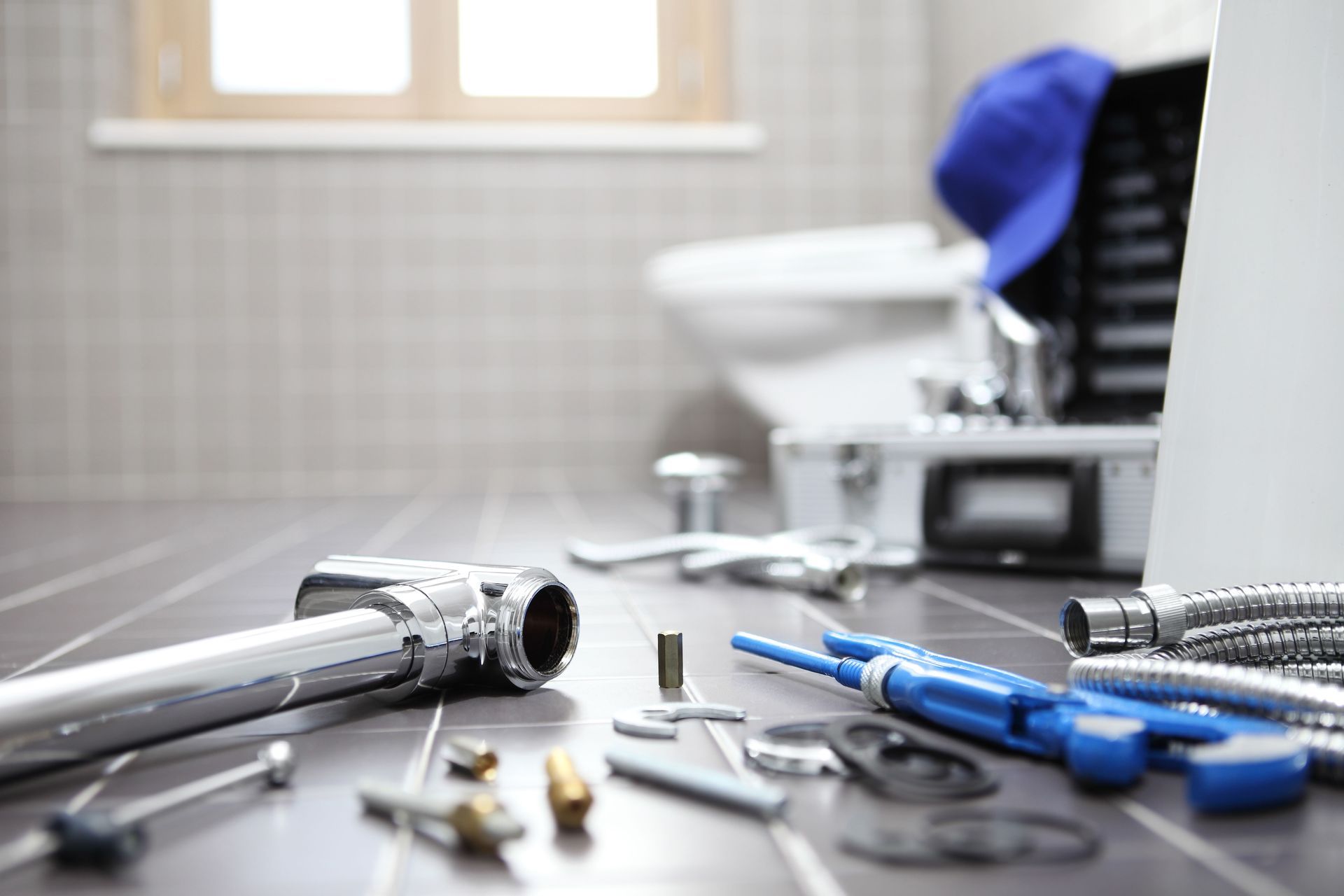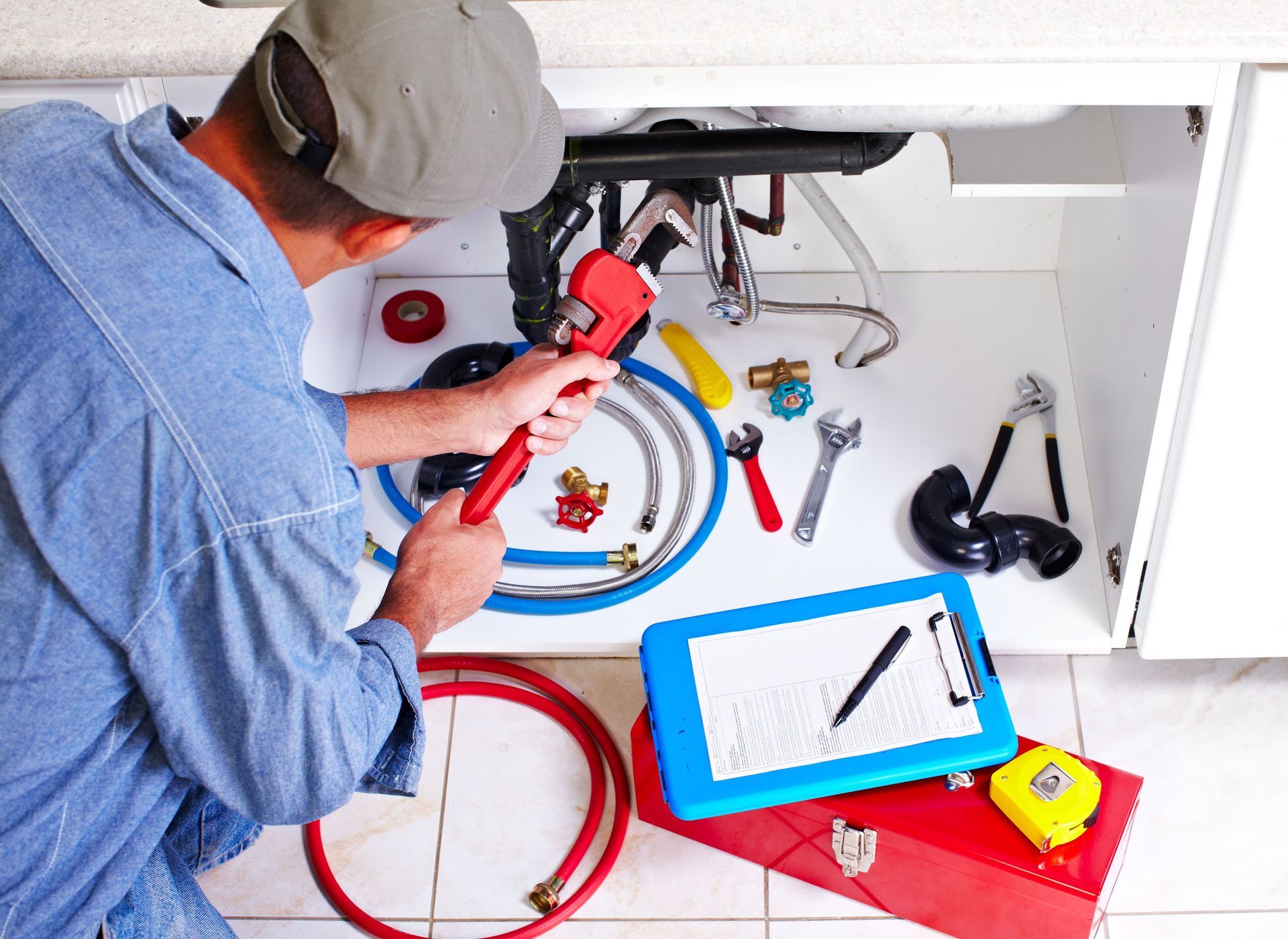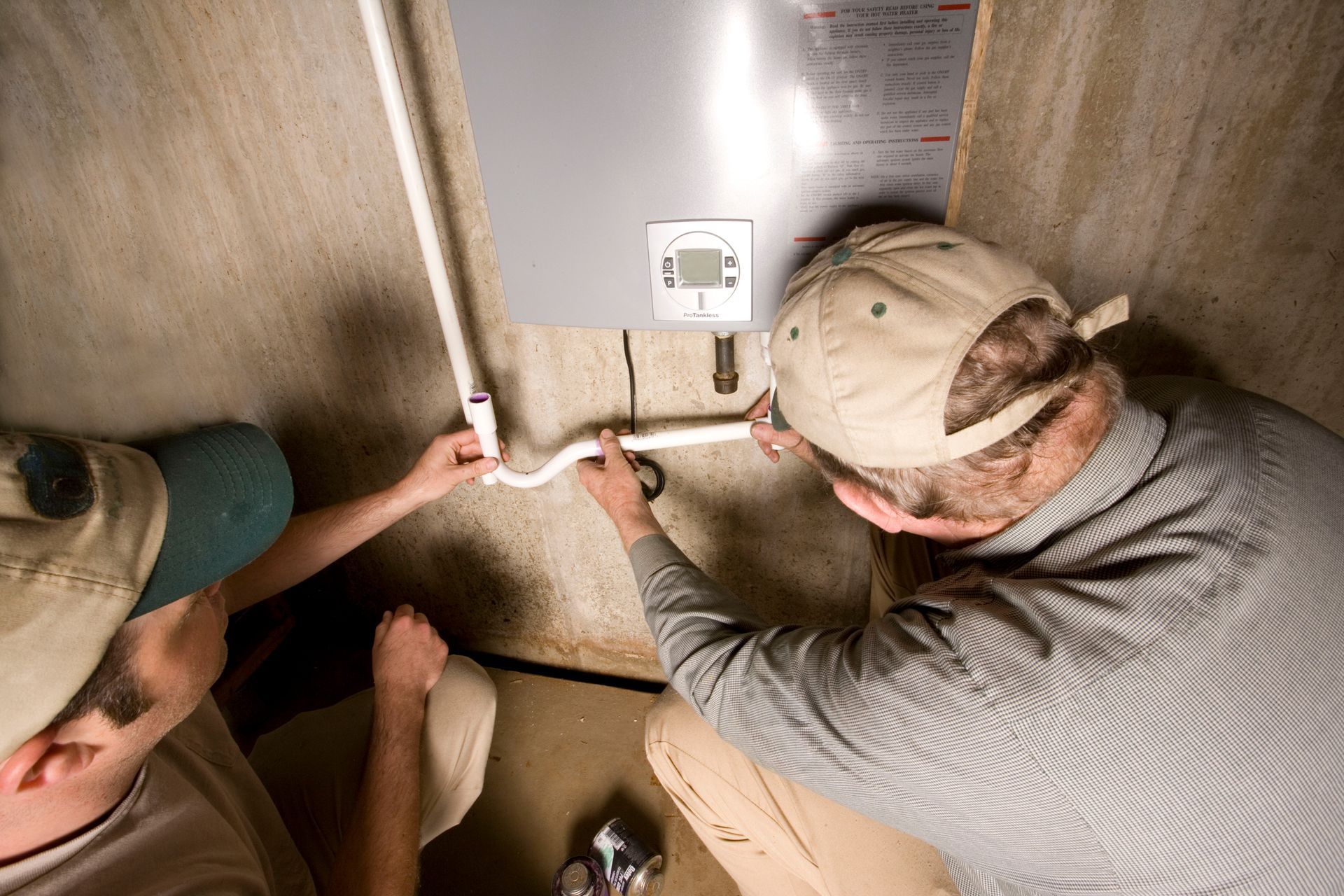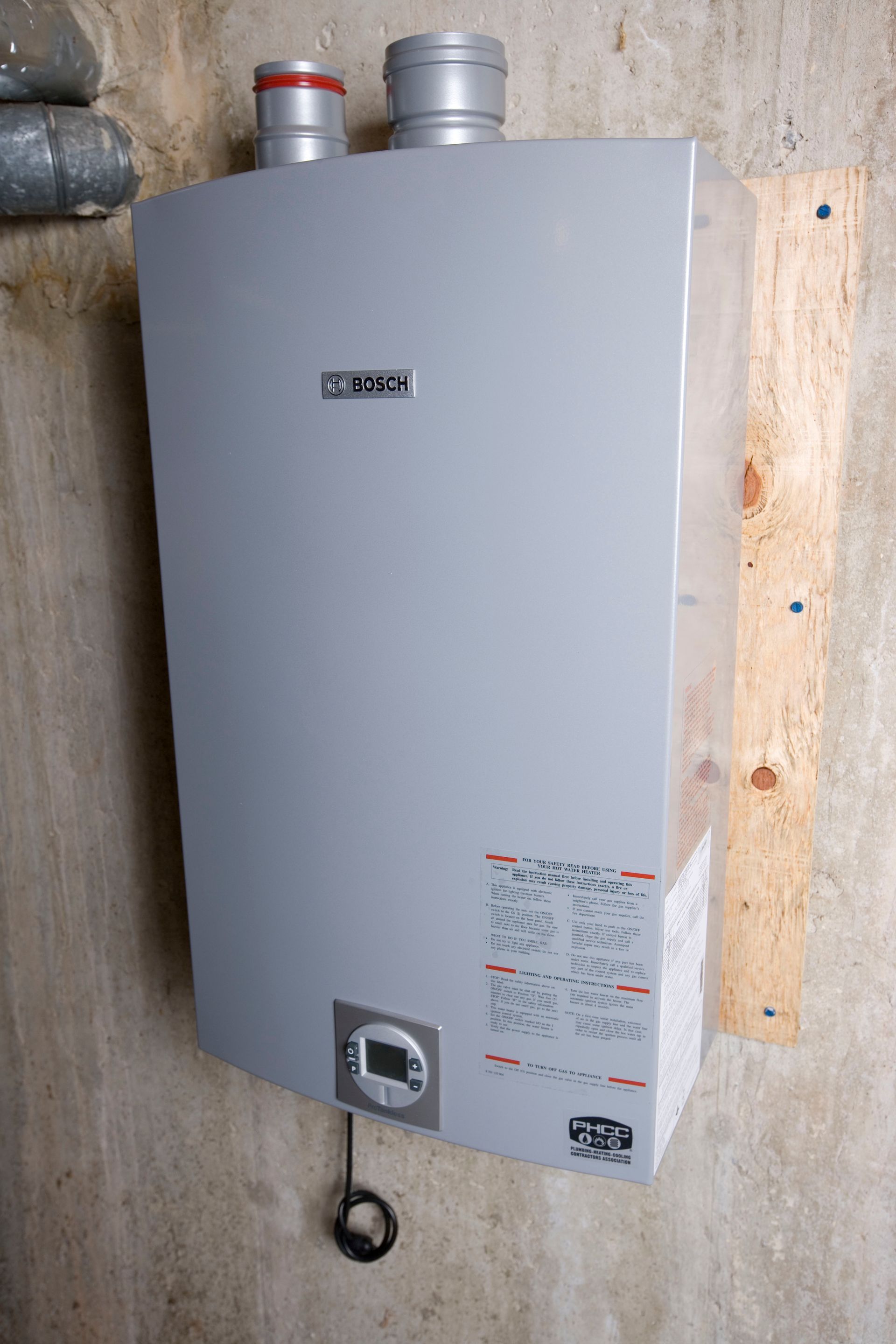The Truth About Plumbing: Clearing Up Costly Misconceptions
Plumbing is a critical part of every modern home and business, yet many people fall for persistent myths that can lead to wasted water, higher bills, and costly damage. From hidden leaks and pipe materials to chemical drain cleaners and faucet maintenance, understanding how your plumbing really works is key to keeping it efficient and reliable. Plumbing companies encounter these misconceptions daily, often seeing how misinformation causes homeowners to make avoidable mistakes. Clearing up these myths not only improves performance and prevents issues but also saves time, money, and water in the long run.
Understanding Hidden Leaks and Their Hidden Costs
One of the most common misconceptions is that all leaks are visible. In reality, many leaks occur behind walls, under floors, or within ceilings where you can't see them. These hidden leaks can cause gradual but serious damage to your home's structure, including weakened framing, mold growth, and warped flooring. Unfortunately, by the time visible signs appear, the damage is often extensive.
Unexplained increases in your water bill, musty odors, damp patches, or a drop in water pressure are all warning signs that something is wrong. While homeowners might ignore these small changes, plumbing companies know that acting early is essential to avoiding major repairs. Using tools such as moisture meters and thermal imaging, professionals can identify leaks without tearing open walls, saving you both money and hassle.
Hidden leaks also have a surprising impact on water consumption. According to Service Titan, household leaks from pipes and faucets account for almost 10,000 gallons of wasted water per year. That's a staggering amount of waste for something so preventable. Regular inspections from reliable plumbing companies ensure your system runs efficiently, preventing both property damage and unnecessary environmental impact.
Rethinking DIY Repairs and the Value of Professional Help
Many homeowners believe that fixing plumbing issues themselves will save money. It's easy to think that with a quick video tutorial and some basic tools, you can handle a leaky faucet or replace a pipe. However, this belief often ends up costing more than hiring a professional in the first place.
While DIY repairs might appear inexpensive initially, even small mistakes can have expensive consequences. Improper fittings, cross-threaded pipes, or incorrect materials can lead to larger leaks, reduced water pressure, or even contamination of drinking water. Plumbing systems are far more complex than they appear; they involve precise pressure balancing, venting, and connections that require experience to manage correctly.
Professional plumbing companies bring both expertise and the right tools to get the job done properly the first time. They understand the specific materials suited to your system, ensuring that repairs are safe and durable. While homeowners might save on labor costs through DIY, they often spend more on future fixes when those temporary solutions fail. Hiring experienced plumbing companies not only prevents costly mistakes but also provides peace of mind knowing the job meets code and safety standards.
Evaluating Pipes, Materials, and Long-Term Choices
Another widespread myth is that all pipes are created equal. In truth, pipe materials vary greatly in cost, durability, and ideal usage. Common materials include PVC, copper, and PEX—each with its advantages and limitations. PVC is lightweight and affordable, perfect for drain and waste systems, but unsuitable for high temperatures. Copper pipes are durable and excellent for hot water, but come at a higher price and require skilled installation. PEX piping, known for its flexibility, resists corrosion and scale but may not withstand direct sunlight.
Plumbing companies help homeowners make informed decisions based on climate, water quality, and budget. For example, copper may be the best choice in areas with freezing conditions, while PVC could suffice in milder climates. Choosing the right pipe material is not just about cost; it directly affects your plumbing system's efficiency, longevity, and environmental footprint.
Environmentally conscious homeowners are also considering sustainability. While PVC production has a higher environmental impact, copper can be recycled indefinitely. Many plumbing companies now offer guidance on eco-friendly materials that reduce waste and conserve resources. Understanding these differences empowers homeowners to make smarter long-term investments that align with both function and environmental responsibility.
Reconsidering the Use of Chemical Drain Cleaners
Chemical drain cleaners are often seen as a quick and easy fix for clogged sinks and slow drains. These products work by dissolving organic blockages through chemical reactions, but their convenience comes with risks. The same powerful agents that clear your pipes can also corrode them from the inside, leading to premature wear and potential failure over time.
Frequent use of these cleaners can weaken metal pipes and even soften certain plastics, causing leaks or cracks. Plumbing companies regularly handle emergency repairs caused by corrosion from over-the-counter drain products. Beyond damaging your pipes, these chemicals are hazardous to health, causing burns, respiratory irritation, and eye injuries if mishandled. They also harm the environment, as toxic residues can end up in waterways and affect aquatic life.
Instead of relying on harsh chemicals, plumbing companies recommend mechanical or natural alternatives. A drain snake or plunger can effectively dislodge blockages without damaging pipes. Homemade solutions like baking soda, vinegar, and hot water provide safe, eco-friendly cleaning.
Prioritizing Maintenance and Preventive Care
One of the most damaging myths is that plumbing systems require little to no maintenance. Once fixtures are installed, many homeowners assume they can forget about them until something breaks. However, consistent maintenance is essential to keeping plumbing systems efficient, clean, and cost-effective.
Routine maintenance prevents small problems from becoming major ones. Tasks like checking for leaks, flushing water heaters to remove sediment, insulating exposed pipes, and tightening fittings can significantly extend your system's lifespan. Plumbing companies often offer maintenance plans that include regular inspections, helping homeowners identify issues before they escalate.
Preventive maintenance isn't just about cost savings; it's also about conservation. Regular care supports environmental sustainability while saving homeowners from expensive surprise repairs. Whether you perform basic maintenance yourself or schedule professional visits, keeping your plumbing system in good condition is one of the most responsible actions you can take as a property owner.
Recognizing the Impact of Small Leaks and Dripping Faucets
A dripping faucet may not seem like a big problem, but over time, it can waste thousands of gallons of water each year. Each drop adds to your water bill and strains public water systems unnecessarily. For many households, this minor annoyance becomes a major source of waste. Plumbing companies emphasize that even small drips should be repaired immediately.
Drips typically stem from worn washers, loose fittings, or corrosion inside the valve seat. While some of these issues are simple enough for homeowners to handle, recurring drips often indicate deeper wear or outdated fixtures. In those cases, replacing the faucet entirely may be the best solution. Modern faucets are designed for greater efficiency and durability, making replacement a practical long-term investment.
Dispelling these common plumbing myths empowers homeowners and business owners to make smarter, more cost-effective decisions about their plumbing systems. Understanding that not all leaks are visible, DIY is not always cheaper, and maintenance is non-negotiable, ensures your system stays reliable and efficient. Partnering with qualified plumbing companies means you'll benefit from their expertise, tools, and up-to-date knowledge of materials and methods.
Efficient plumbing doesn't happen by chance; it's built through awareness, preventive care, and professional support. If you've noticed a slow drain, a mysterious water bill increase, or that one “harmless” dripping faucet, don't wait for it to become a bigger problem. Contact trusted plumbing companies today for an inspection or maintenance service to protect your home, save water, and keep your plumbing system running smoothly for years to come with Excalibur Plumbing.





Share On: